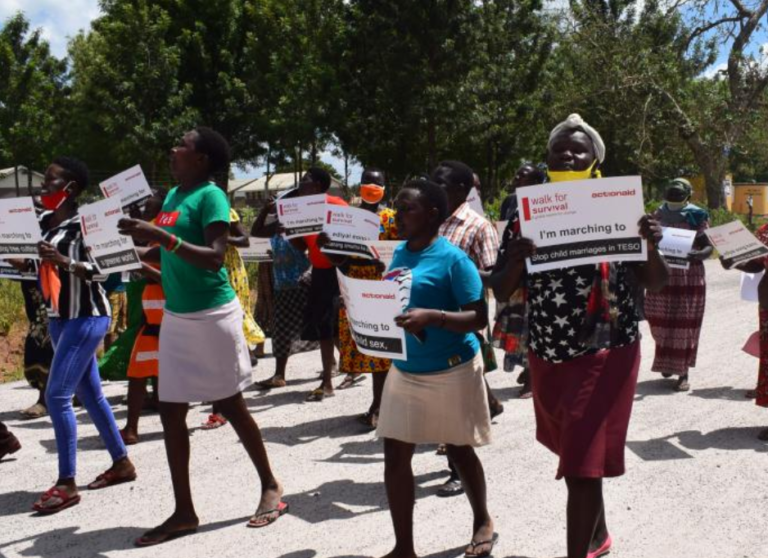A shocking new study has revealed a disturbing trend in Katakwi District, Uganda, where gender-based violence (GBV) is spiraling out of control. The culprit? Poverty and school dropouts, which experts say are creating a perfect storm for violence against women and girls.
Katakwi District now tops the list for GBV cases in the Teso and Karamoja regions, with a staggering 3,345 cases reported between April 2023 and March 2024. This alarming figure has sparked urgent calls for action from local leaders and human rights organisations.
Betty Angiro, a Senior Probation Officer in Katakwi, spoke to The Monitor about the factors driving this horrific trend. “Most of the cases are a result of rising school dropout rates and poverty, which often lead to forced marriages and subsequent GBV, largely due to financial insecurity,” she explained.
Adding another layer to the issue, Angiro pointed out that government poverty alleviation programmes, while well-intentioned, have inadvertently exacerbated the problem. “In many instances, men have assaulted women to take control of funds meant to empower them,” she added.
The link between poverty and GBV is further underscored by Soroti Member of Parliament, Jonathan Ebwala, who stated, “If we don’t get out of poverty, GBV will continue in the region.” He highlighted that Karamoja is the poorest district in the region, followed by Iteso and Bukeddi areas, painting a grim picture of the challenges faced by these communities.
This crisis isn’t just about physical violence; it’s also impacting the health and futures of young girls. The Center for Health, Human Rights, and Development (CEHURD) revealed that poor menstrual hygiene is contributing to school dropouts and increasing the risk of GBV. Girls forced to leave school due to period stigma often face limited prospects and become vulnerable to exploitation and abuse.
MORE: Ugandan Girls Shunned For Jobs Abroad: Is Social Media to Blame?
In a nutshell, Katakwi District is facing a multi-faceted crisis where poverty, lack of education, and inadequate healthcare are fueling a horrifying surge in GBV. The situation demands immediate and comprehensive action to address the root causes and protect the most vulnerable members.

